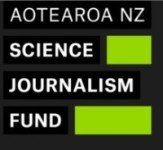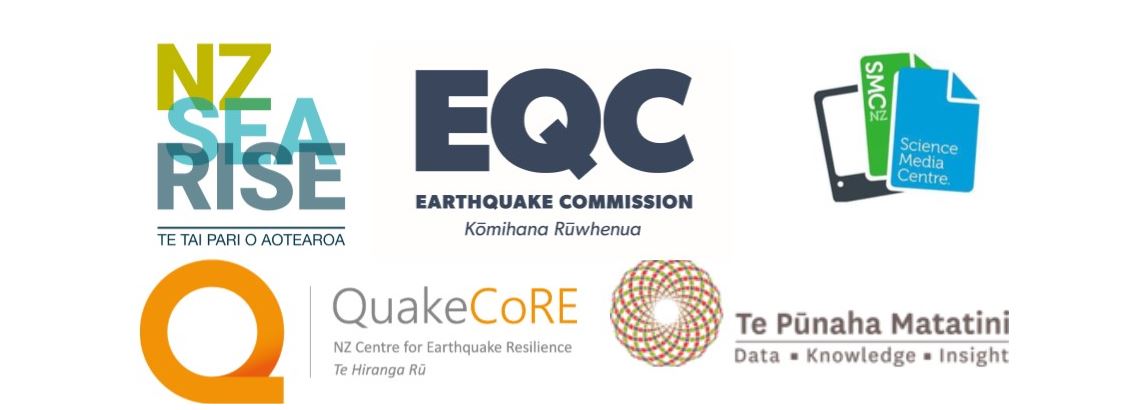Applications are open and eligibility criteria has been updated for the latest round of the Aotearoa New Zealand Science Journalism Fund.

Grants ranging from $1500 to $5000 are available to fund reporting on new topics including public interest science, earthquake resilience, sea level rise and stronger homes, with preference given to projects that would otherwise be unlikely to attract resourcing.
Projects will be allowed a longer turnaround time than previous years, with stories required to be published before the end of the year.
For the first time, the fund also includes an open call – with $1500 available for any science stories, with priority given to new journalists and freelancers.
This will be the only call for applications for the fund in 2019.
Funding is available under the following themes:
Sea level rise in Aotearoa New Zealand: $5000
We invite applications for any projects concerned with sea level rise in New Zealand.
Funded by the NZ SeaRise programme. Researchers from NZ SeaRise are working to improve sea-level rise projections for New Zealand so we can better anticipate and manage future impacts.
Improving New Zealand’s resilience to earthquakes: $5000
We invite applications from projects showing how current research is helping to create an earthquake-resilient New Zealand.
Funded by QuakeCoRE. QuakeCoRE is transforming the earthquake resilience of communities and societies through innovative world‐class research.
Stronger homes on better land: $5000
We invite applications on how New Zealand homes and homeowners can become more resilient to natural disasters. Stories with a science/business/consumer focus are welcome.
Funded by EQC. EQC is on a mission to reduce the impact of natural disaster on people and property. We are working hard to ensure New Zealanders are living in stronger homes on better land, and have access to natural disaster insurance.
Science in the public interest: $5000
What do you want to write about? CRISPR? Mātauranga Māori? Another contemporary issue in science today? We invite applications on topics of strong interest and relevance to the public of Aotearoa New Zealand.
Funded by Te Pūnaha Matatini. Te Pūnaha Matatini is a Centre of Research Excellence hosted by the University of Auckland that will develop methods and approaches for transforming complex data about New Zealand’s environment, economy, and society into tools for making better decisions.
Open call: $1500
Your choice! This open call is for any science-focused stories. Priority will be given to new journalists and freelance science communicators and journalists.
Funded by our Press Patron supporters (thank you!) and the Prime Ministers Science Communication Prize.
Applications will close 28 February.
This announcement follows on from three successful previous rounds since the fund’s launch in 2017. Topics covered range from sea level rise to data privacy, to robots in healthcare and gene editing.
You can read more about completed projects here. Some funded projects from the previous round are still underway.
About the Aotearoa New Zealand Science Journalism Fund
The Aotearoa New Zealand Science Journalism Fund is the first independent journalism fund dedicated to furthering coverage of the science-related issues that impact New Zealanders. The fund was set up by Rebecca Priestley, winner of the 2016 Prime Minister’s Science Communicator’s Prize, in association with the Science Media Centre, to support journalism that highlights the science that underpins, or informs, major issues facing our society.
Visit Press Patron to make a contribution to the fund. Any organisations wanting to support the fund, please contact: sciencejournalismfund@gmail.com.
CONTACT:
Dr Rebecca Priestley
sciencejournalismfund@gmail.com
